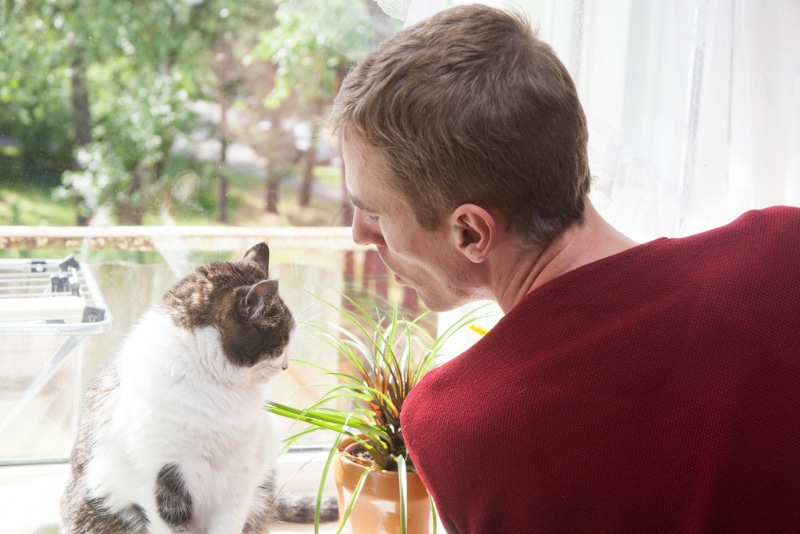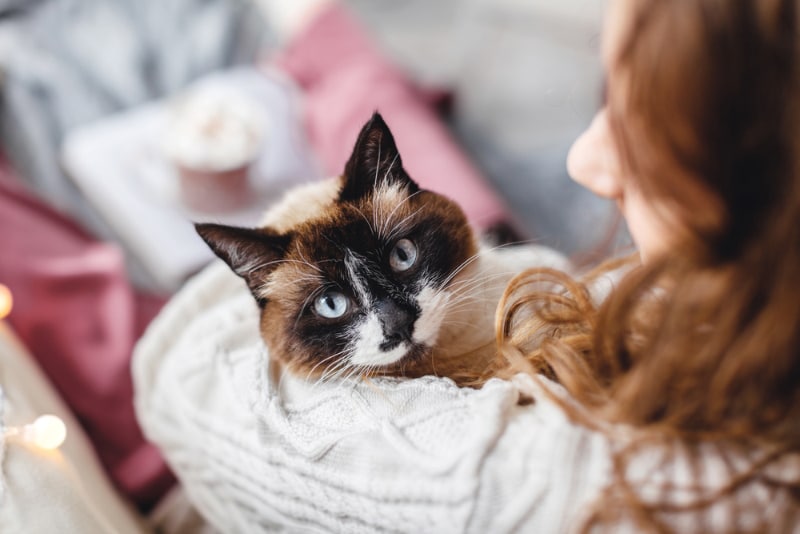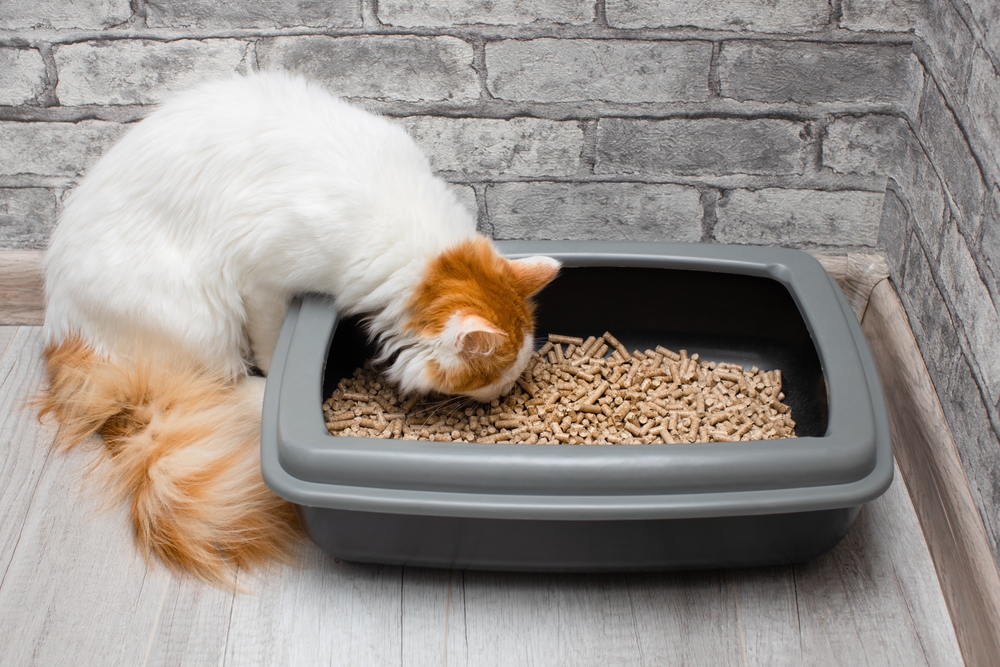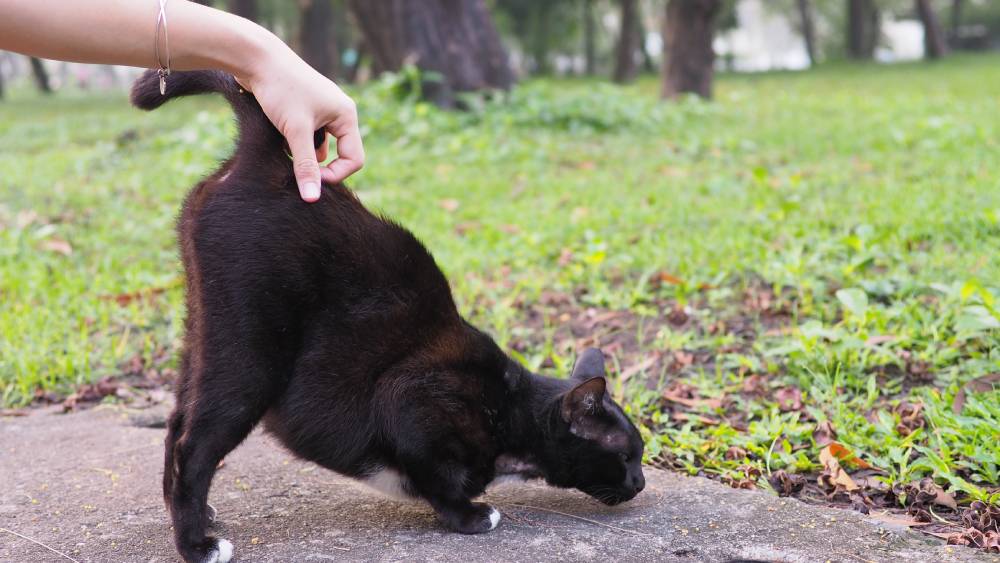Click to Skip Ahead
Do Cats Like When You Sing to Them?
Although there’s no scientific study on whether cats enjoy our singing, several owners swear their cats perk up when they start crooning. Many find their cats become more affectionate, seeking them out for cuddles and kisses. Some even feel their pets have favorite songs and often go to great lengths to write original tunes for them!

Is It Our Singing?
Despite the anecdotal evidence, we still can’t be sure cats act this way because they like our singing. Are they reacting to the sound of our voice, or is something else happening while we sing?
Cats use every environmental element alongside previous experience to motivate them. Maybe you give your cat treats, play time, or extra affection when you sing to them. Your singing may not make them come running but rather their knowledge that something good is coming their way.
Cats also understand human emotion. Due to adaptations from domestication, cats can react according to the emotional signals owners give off. They’ll search for escape when their owner acts fearful and seek closeness and attention when they’re happy. And who isn’t upbeat when they’re singing? Rather than responding to your music, your cat might react to your good mood.
Then there’s the question of whether cats even like music. We assume they enjoy the sound based on their actions, but they don’t provide any definitive feedback. Fortunately, scientists have answered some of these questions, and as it turns out, cats like music quite a bit! It’s just not what any of us might expect.
What Music Do Cats Like?
Multiple studies have fine-tuned our understanding of feline preferences and music’s emotional and physiological effects. Researchers investigated how different music genres affected a cat’s autonomic nervous system under anesthesia1.
Comparing pop, heavy metal, and classical music, they found cats differentiate rhythms and that the sounds affected ANS controls like respiration and pupil dilation. Classical music was associated with lower stress and more relaxation, and heavy metal to higher stress and anxiety.
An earlier study from 2015 looked at the effects of cat-specific music to see if cats would respond more to it than to music made for humans. The theory was that, like humans and many other animals, cats would prefer music that mirrored their species-specific frequency range, tempo, and other communication elements2.
As expected, cats were significantly more interested in their style, with older and younger cats showing the highest response. Another 2019 study looked at cat-specific music’s effects in stressful clinical settings3.
Cats listened to 10-minute samples of either classical music, cat music, or silence before an exam at the vet. Although classical music and silence had little effect, the cat-specific music led to reduced stress and more openness to handling.

What Is Cat Music?
With cat-specific music significantly impacting pets, you’re likely wondering what it sounds like. The music focuses on tones familiar to cats, using tempos and higher octaves that fit their natural communication patterns.
In the 2015 study on cat-specific music, researchers hypothesized that certain musical qualities that affect humans can affect other animals. They added elements like longer notes to be more calming and regular rhythms to induce positive states.
The researchers also layered in purring, suckling, and other rewarding sounds in feline vocalizations. Such noises are typical during nursing, which is a crucial period of emotional development for cats. The expectation was that the familiar sounds would evoke comforting feelings and a positive response from the cats.
The result is a collection of soothing, drawn-out, and often high-pitched tones. Violins, xylophones, pianos, and other classical instruments fill most of the ambient music while the low rumbling of a purring or suckling cat plays continuously in the background.
What Should You Sing to Your Cat?
Considering their general tastes, you can experiment with these affiliative vocalizations in your singing. It might take practice, but you can try integrating the low rumbling sounds of purring or the calming legato tones typical of cat music. Test different combinations to see if any have a better effect than others.
You can also cheat a little by singing your cat’s name. It might be easier (and more fun) to find creative ways to combine their name into top 40 hits than to belt out original cat music, and their reaction to it may be the same. Cats can discriminate their name among others. If they associate hearing their name with a reward like treats or playtime, they could come running when you sing a tribute to them.

Final Thoughts
Maybe your cat loves your singing, or perhaps they’re showing interest because they know you’re happy. They won’t tell us for sure, but in the end, does it even matter? Your tunes have a positive meaning for your pets and make you happy in the meantime. Whatever your cat’s motivation, there’s no reason to hold back when you’re feeling a song in your heart.
Featured Image Credit: Gladskikh Tatiana, Shutterstock












